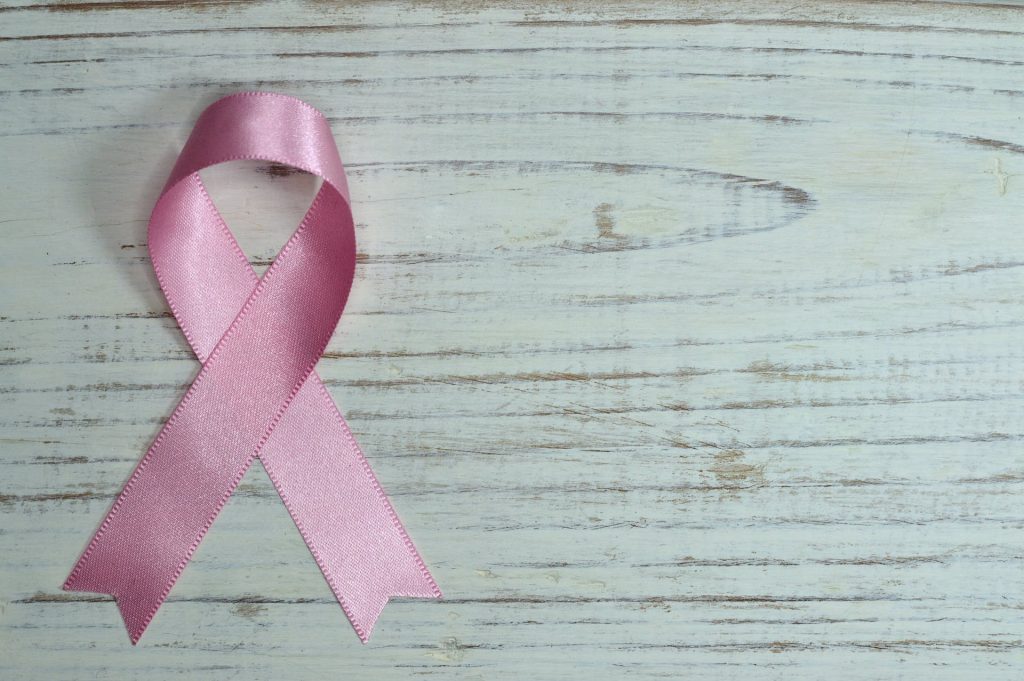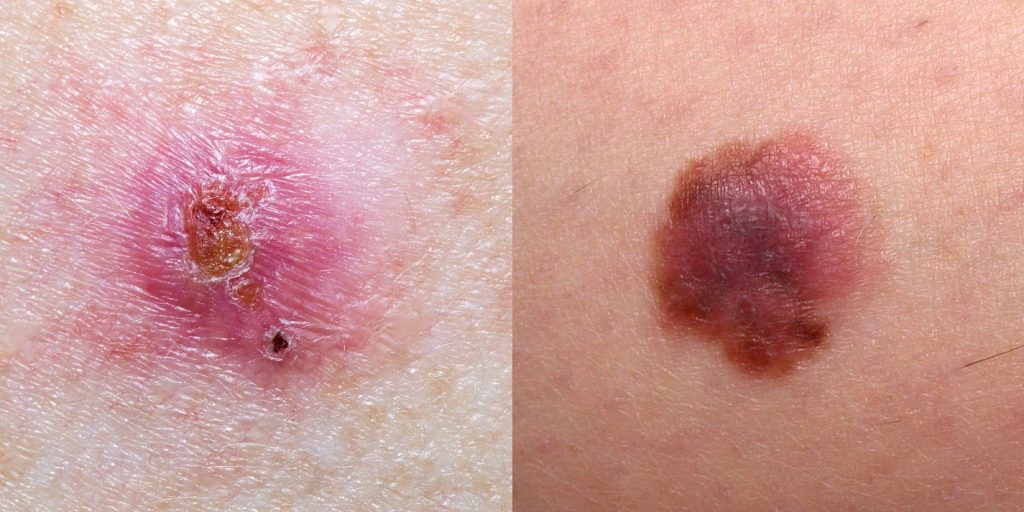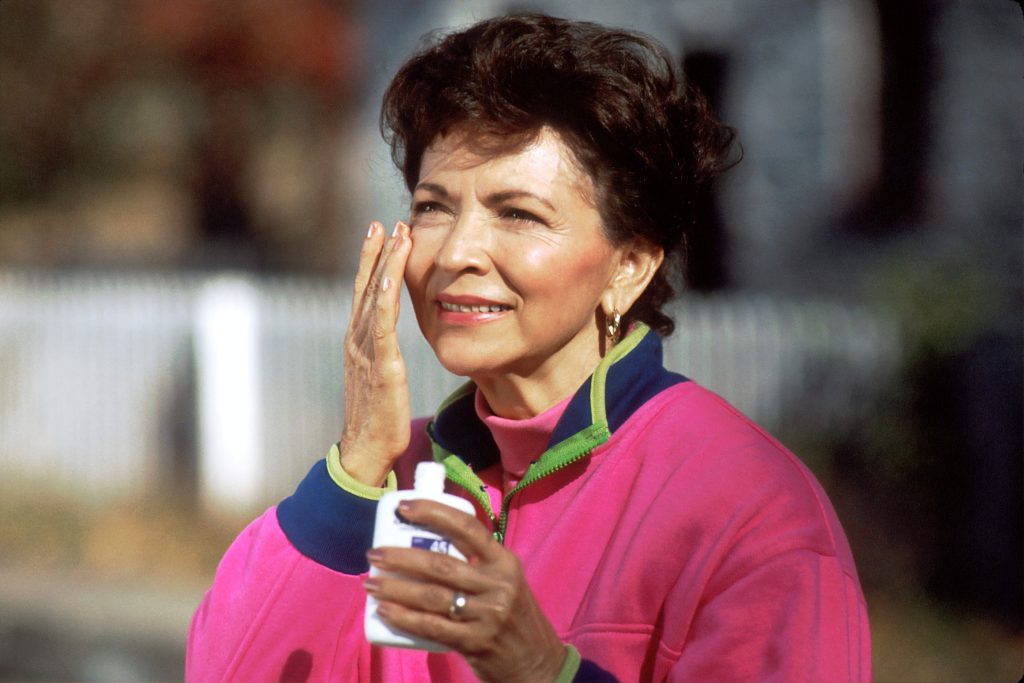Skin cancer is a global health problem that is extremely dangerous to human health. Early detection greatly improves treatment and eradication prospects, making it a crucial tactic in the fight against this threat. Acquiring early identification of this disease necessitates the recognition of numerous warning indicators. The ensuing piece explores these cautionary tales, providing thorough yet understandable information to improve your capacity to recognise these vital clues.
Understanding Skin Cancer: A Brief Background
Contents
Skin cancer is the term for the abnormal and fast proliferation of skin cells, frequently due to DNA damage that has not been repaired leading to mutations. Malignant tumours are formed when skin cells grow quickly due to these alterations. Skin cancer is essentially an unchecked proliferation of skin cells.

UV radiation from the sun, tanning beds, and tanning lamps is the main cause of skin cancer. The pigmentation in our skin, melanin, shields the skin cells from sun damage, thus those with lower melanin levels are more likely to develop it.
There are three main types of skin cancer and these include Basal Cell Carcinoma (BCC), Squamous Cell Carcinoma (SCC), and Melanoma. Each of these disease types has its unique warning signs that are related to its distinctive behaviour and appearance and having the knowledge of these signs can potentially save lives.
IdentifyingWarning Signs
Being watchful and proactive is necessary to identify the warning signs of skin cancer. Some of these red flags are more widespread and unmistakable than others. One of the warning signs of skin cancer could be a new growth or one that is already there but starts to develop or alter drastically.

A simple rule that you can use to remember the key features of melanoma and other skin cancers is the ‘ABCDE rule’.
‘A’ stands for asymmetry where one-half of the mole or birthmark does not match the other.
‘B’ is for the border where there are irregular, ragged, notched, or blurred borders around the spot.
‘C‘ is for colour where there are varying shades of colour in a single mole or birthmark which serve as a warning sign.
‘D’ stands for diameter where a spot larger than 6mm (about 1/4 inch) across may be a warning sign.
‘E’ represents evolving in which any change in size, shape, or colour, or other traits with symptoms like bleeding, itching, or crusting serve as effective warning signs.
Other Less Common Warning Signs
There are a few less obvious warning indicators that are frequently disregarded in addition to the more prevalent ones. These consist of redness or new swelling that extends beyond the edge of a mole, itching or pain in the mole, changes in the mole’s surface, and chronic sores that do not heal. Many people mistake these symptoms for ordinary skin ailments because they are frequently mild.

These signs can sometimes indicate if one has skin cancer, especially for patients who have an increased risk of the disease so being observant of these subtle changes can really save lives.
Importance of Regular Skin Checks for Spotting Skin Cancer
Regularly performing self-examination plays a major part in the early detection of skin cancer. Familiarizing oneself with their own skin and observing any changes will allow one to identify the signs of skin cancer in its initial stages. With that, it is encouraged to do a monthly head-to-toe check for any developments of the skin.

Regular skin examinations by a medical practitioner might provide a more comprehensive assessment than your own exams. In-depth knowledge of skin cancer symptoms and a keen eye for spotting carcinomas and melanomas characterise dermatologists as authorities on skin-related problems.
What to Do If You Spot Warning Signs
If you come across and spot any warning signs on your skin, don’t panic! It is important to note that not all of the changes do not indicate skin cancer but once you notice these changes, it will be critical to contact your healthcare provider or a dermatologist to arrange an appointment for examination.

If a biopsy is required, your dermatologist will perform a thorough skin examination. The biopsy can verify the existence of skin cancer cells by removing a little sample of tissue for microscopic inspection. Dermatologists may employ modern methods, such as confocal microscopy or dermoscopy, for suspected melanoma.
Prevention of Skin Cancer
In all cases, including skin cancer, prevention is preferable to treatment. It is possible to considerably reduce your risk of developing the symptoms by following easy measures like wearing clothing that protects your skin from UV rays, using sunscreen, and not tanning.

Sun protection is paramount for skin cancer prevention as direct sunlight exposure, especially 10am and 4pm when the sun rays are the most intense. With that, it is wise to avoid exposure as much as possible through protective clothing, wide-brimmed hats, and long-sleeved shirts if possible.
One cannot stress how crucial early detection is. One important step in this procedure is identifying the warning indications of skin cancer. Essentially, the frightening reality of this disease can be lessened by our awareness of and response to these warning indicators.

An adversary like skin cancer is detrimental to your life but with accurate knowledge, early detection, and preventative measures, we can fight back against it. It is important to keep our health in the best shape possible thus you should stay observant, stay informed, and make sure you maintain your health.

